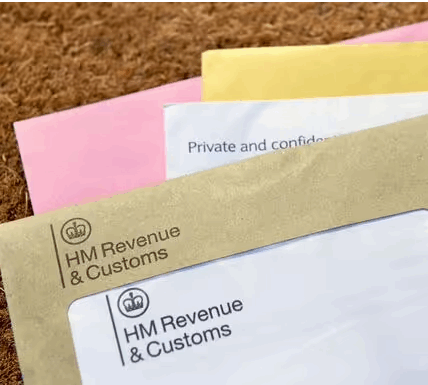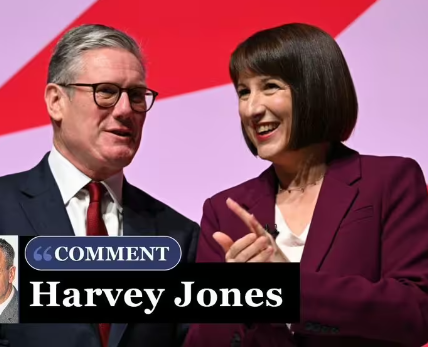Surging debt interest and recent increases in public sector wages have driven government borrowing to nearly new heights.

Labour sets record with highest October borrowing since records began (Image: Getty)
UK Government borrowing has outstripped expectations due to soaring debt interest and recent hikes in public sector wages.
Last month’s borrowing soared to £17.4billion, the second highest October total since records began, as per the latest official statistics.
The Office for National Statistics (ONS) reported that public sector net borrowing was £1.6billion more than October last year.
These figures arrive on the heels of substantial spending commitments unveiled in the Autumn Budget.
Economists had forecasted borrowing of £13.3billion for October.

Debt interest and increases in public sector wages have driven government borrowing to new heights (Image: Getty)
New data revealed central government debt interest payments hit a record October high of £9.1billion.
This figure represents a £0.5billion increase from the previous year.
Jessica Barnaby, ONS deputy director for public sector finances, commented: “This month’s borrowing was the second highest October figure since monthly records began in January 1993.
“Despite the cut in the main rates of national insurance earlier in 2024, total receipts rose on last year.
“However, with spending on public services, benefits and debt interest costs all up on last year, expenditure rose faster than revenue overall.”
The ONS noted a £2.5billion rise in central government departmental spending on goods and services, totalling £36.9billion in October, driven by “pay rises and inflation increased running costs”.
The Government has felt the financial effects of above-inflation pay settlements, which were ratified after the Labour administration took charge. NHS personnel and teachers have seen their wages increase retrospectively from the previous month.
In monetary terms, central government expenditure hit £88.5 billion in October 2024, a sizeable £3.9 billion upturn compared to the same timeframe the year before.
Money flow into the government’s coffers, mainly through taxation, experienced an uplift as well, climbing by £2.9 billion to total £81.2 billion in one month alone.
This positive trajectory was bolstered by substantial upticks in both corporation and income tax contributions.
In light of the latest disclosures, the ONS reported that public sector net borrowing reached a notable £96.6billion for the current fiscal year ending in October.
Furthermore, it outlined that public debt, discounting public sector banks, peaked at a staggering 97.5% of GDP as October concluded.
The Treasury’s Chief Secretary Darren Jones asserted firmly: “This Government will never play fast and loose with the public finances.”
He maintained a staunch stance on economic management, announcing: “Our new robust fiscal rules will deliver stability by getting debt down while prioritising investment to deliver growth.”


